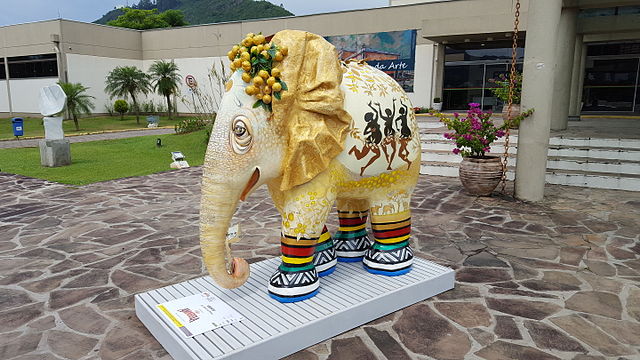Ubuntu is a profound African philosophy deeply rooted in the cultural fabric of various African societies, particularly among the Nguni Bantu-speaking peoples of southern Africa. At its core, Ubuntu encapsulates the idea that our individual identities and well-being are fundamentally intertwined with the well-being of our community.
Ubuntu underscores the interconnectedness of all people. It reminds us that we are not isolated entities but part of a larger community and a broader human family. This interconnectedness extends to nature and the universe, highlighting our responsibility to care for the world around us. This compassionate outlook fosters a sense of unity and solidarity. It argues that the individual’s well-being is intrinsically linked to the well-being of their community and that collective efforts should be directed toward the common good.
Ubuntu also provides a framework for resolving conflicts peacefully and restoring harmony within the community. It values dialogue, reconciliation, and forgiveness as means to heal relationships and maintain social cohesion. Ubuntu is not just an abstract concept; it’s woven into the everyday life of many African communities. It influences how people interact, make decisions, resolve disputes, and celebrate their cultural heritage. It shapes community rituals, ceremonies, and leadership structures.
Prominent figures such as Archbishop Desmond Tutu and Nelson Mandela have emphasized the importance of Ubuntu in the context of reconciliation, nation-building, and social justice in post-apartheid South Africa. Ubuntu continues to inspire discussions about ethics, community building, and social harmony, both within and beyond the African continent.
